Apple CEO Tim Cook met with China's minister of the State Administration of Market Regulation on Thursday to discuss a range of topics including the company's growing investment in the region.
Cook's meeting with chief market regulator Xiao Yaqing was announced in a post to the administration's website on Friday, reports Reuters.
Beyond noting that the sit-down talk took place on Thursday, the regulator's release fails to provide detailed information about the meeting. It did say Cook and Xiao discussed a wide range of topics including expanding investment and development in China, consumer rights and corporate responsibility issues.
Apple relies heavily on China-based partners to manufacture and assemble its catalog of products, from iPhones to Mac. In addition to production assets, the company's interest in China extends to the country's vast consumer market. During the last quarter, the Greater China region generated $9.2 billion for Apple, accounting for 17% of total net sales.
Through its partner manufacturers and direct contributions, Apple continues to invest heavily in China. Alongside business ventures, the company sponsors corporate responsibility initiatives like the China Clean Energy Fund and a sustainable forestry program.
The tech giant further takes suppliers to task in annual environmental and labor audits.
While it pushes Chinese companies toward responsible material sourcing, ethical labor policies and environmentally conscious production methods, Apple regularly comes under fire for kowtowing to China's regime. The company walks a tightrope between forwarding its social agendas and not running afoul of Chinese state policy.
Last week, for example, the iPhone maker pulled from the Chinese App Store a controversial app that reportedly helped Hong Kong protestors follow the movements of police.
Cook later defended the decision to acquiesce to Chinese government demands, saying the app in question, HKMap Live, was in violation of Hong Kong law. Critics, however, noted the title's core functionality did not contravene local regulations, nor did it break rules laid out in Apple's own App Store Guidelines.
Also related to Hong Kong, Apple quietly removed the Quartz news app from the App Store after the publication provided extensive coverage of still ongoing protests.
Apple's appeasement of Beijing, which often runs in contrast with its well-groomed image as a bastion of human rights, data privacy and free speech, has been a point of contention for years. In 2017, the company removed the New York Times app at the request of China's government, then moved iCloud data and cryptographic keys to servers in China a year later.
When questioned about the decisions, Apple contends it is simply following laws laid out by China's government.
 AppleInsider Staff
AppleInsider Staff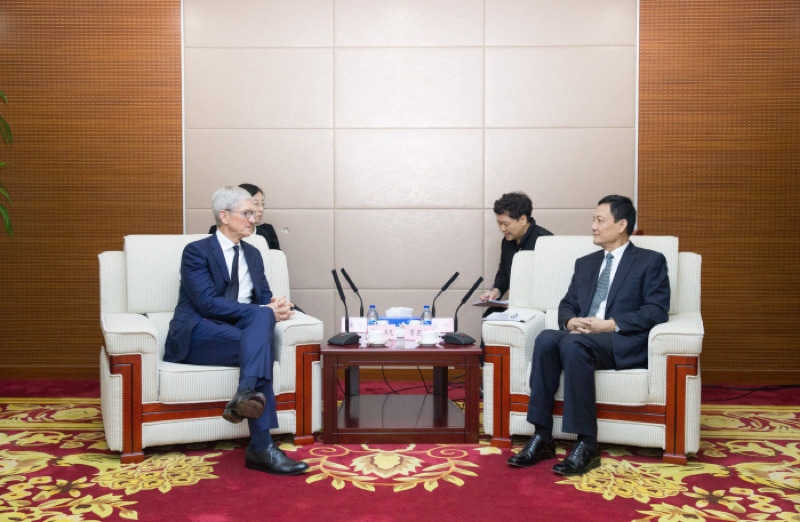














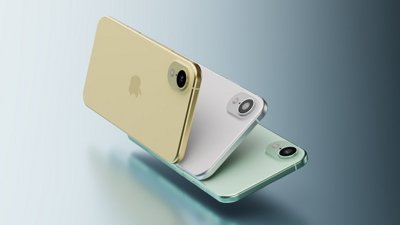
 Malcolm Owen
Malcolm Owen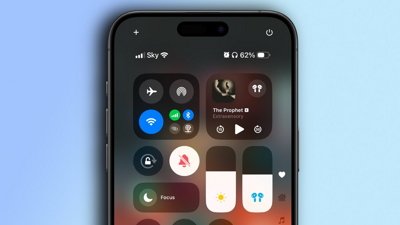
 Oliver Haslam
Oliver Haslam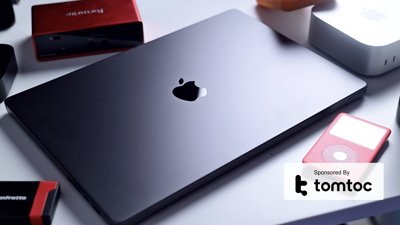
 Andrew O'Hara
Andrew O'Hara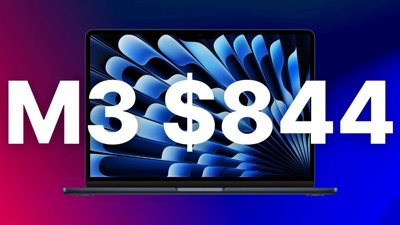

 Wesley Hilliard
Wesley Hilliard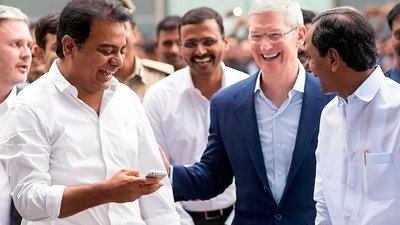
 William Gallagher
William Gallagher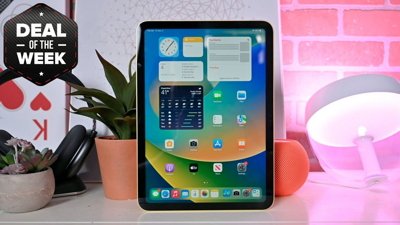
 Christine McKee
Christine McKee








14 Comments
Cook is above the political level and refuses to take side in meaningless geopolitical tussle. His job is to do the best for the global company, not as a weapon of the present US government as for Google.
Disclosure: Fanboy, Long AAPL. Think that making Tim Cook CEO of Apple may be Steve Jobs most brilliant move - And that says a lot.
Does Apple give up anything to China? So far I don't see it. Happy to hear counter argument, as facts not opinions. Apple and China have great synergy. Apple gets the best manufacturers on the planet so that they can launch annual new iPhones at unprecedented quality and unit volume. Only Apple and China can do this. And of course China gets great ROI on their investments in people and manufacturing technology. But Apple sources components from all over the world, not just China.
More importantly, the real value of Apple's devices is the software. Make no mistake, Apple is a software company, not a hardware company. They design the chips. They don't make them. They design the devices. They don't assemble them. Design is SW. All the SW from FW to xxxKits to the Apps developed by over a million App developers to the music and video and magazines and games etc. are all SW. Even broadcasting a football game is SW, despite big guys giving each other concussions.
When we buy and iPhone, 60% of the cost is the software and it's worth every penny. The actual assembly and the parts made in China are around 10% (I made up these statistics, but who cares? They're close enough.)
And about HK? Yes it is bad. China is a bad actor. They steal trade and military secrets. They have unfair trade practices and manipulate their currency. The persecution of the Uigyur is worse than that is going on in HK, but our biases devalue the persecution of muslims. No one mentions what's going on in Myanmar.
Back to the main topic. Globalization is not stopping. Nor is capitalism. Nor is the digital transformation and the impact of AI. There are many negative aspects of all these. I'd rather have Tim Cook figuring this out than any one else.